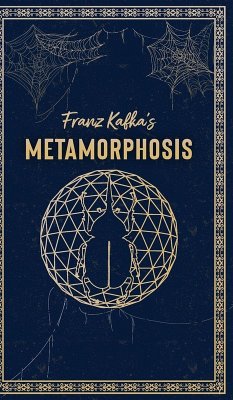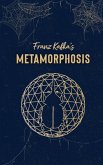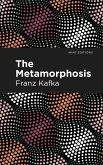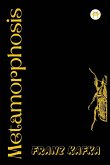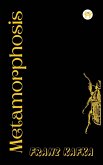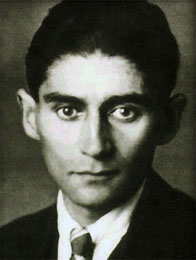In "The Metamorphosis," Franz Kafka invites readers into the unsettling world of Gregor Samsa, a traveling salesman who wakes one morning to discover he has transformed into a giant insect. This bizarre and surreal change turns Gregor's life upside down, but it's not just the physical transformation that captivates; it's the profound emotional journey that follows. As Gregor struggles to adjust to his new reality, he faces the harsh reactions of his family, who shift from dependency to disgust. The story beautifully captures the themes of isolation, identity, and the crushing weight of societal expectations. Through Gregor's plight, Kafka explores what it means to be human in a world that can feel utterly alien. With its haunting imagery and poignant narrative, "The Metamorphosis" resonates deeply, reflecting our own fears of rejection and the fragility of existence. It's a timeless reminder of how quickly life can change and how, in the face of such change, our humanity is both a burden and a source of connection.
Bitte wählen Sie Ihr Anliegen aus.
Rechnungen
Retourenschein anfordern
Bestellstatus
Storno

